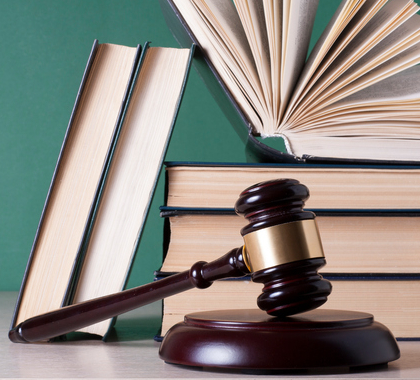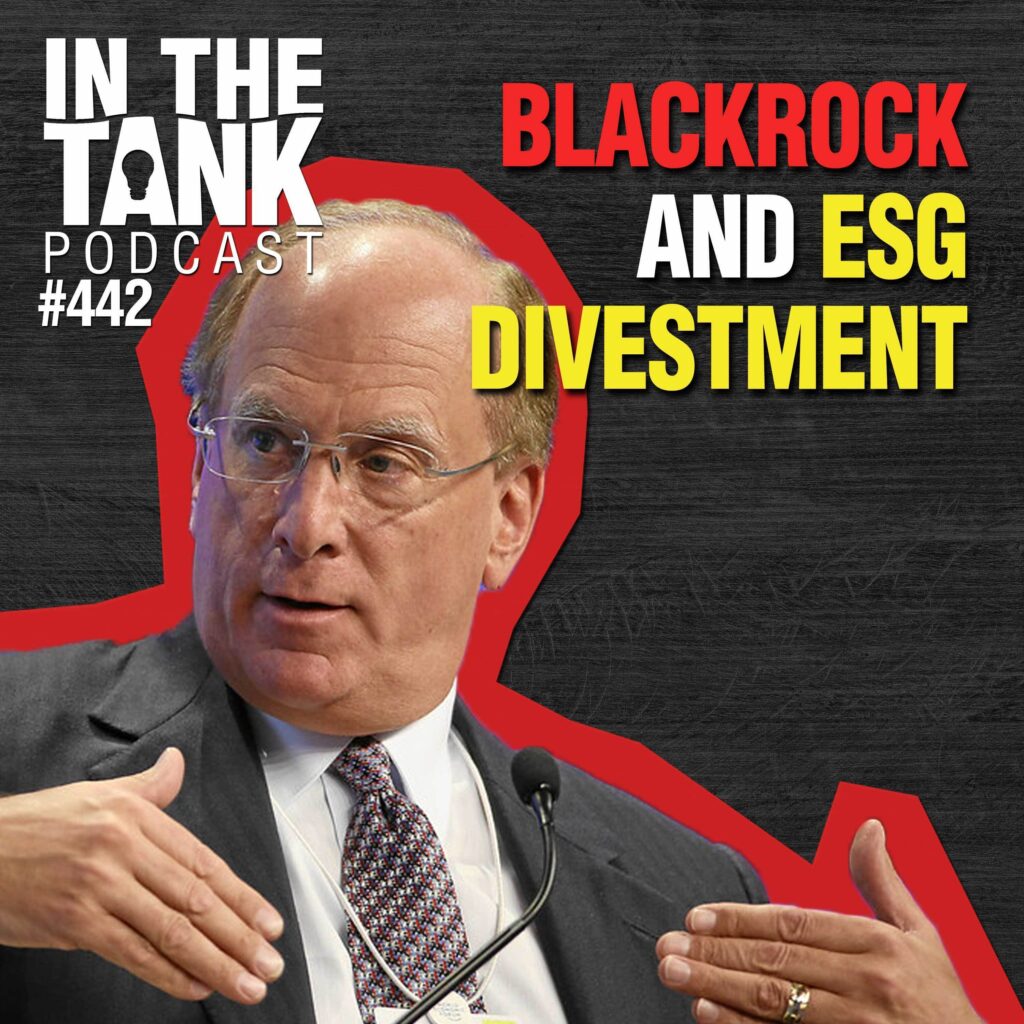Supporters of parental choice in education who cheered Donald Trump’s apparent embrace of their cause in a post-Labor Day speech in Cleveland could now find themselves singing the blues as the presidential race heads down the homestretch.
Despite vowing in his September 8 talk at a predominantly black charter school that he would be “the nation’s biggest cheerleader for school choice,” the Republican nominee has barely mentioned since leaving Cleveland his plan to convert $20 billion of federal education spending into block grants that states could use to help underprivileged inner-city families select better schools.
Although the three presidential debates had no designated segments on education, all of them offered openings during discussions of race, the economy, and even fitness for office that Trump could have used to tout the potential of his plan to improve the lives of all Americans, but especially African-Americans and Hispanics, who are statistically more likely to live in areas with failing public schools.
For instance, in the final debate on October 19 in Las Vegas, moderated by Fox News’ Chris Wallace, Hillary Clinton asserted her 30 years in politics has largely been about “helping kids and their families get ahead.” That gave Trump an opening to criticize his opponent for actually putting the interests of teachers-union bosses ahead of those of inner-city families desperately seeking alternatives to unsafe and unproductive public schools.
Instead, Trump attacked Clinton’s urban policy with generalities: “Our inner cities are a disaster. You get shot walking to the store. They have no education. They have no jobs. I will do more for African-Americans and Latinos than she can do for 10 lifetimes. All she’s done is talk to the African-Americans and to the Latinos, but they get the vote and then they come back, they say, ‘We’ll see you in four years.'”
Similar lost opportunities occurred during the first two debates. For instance, in the second debate, which occurred on October 9 in St. Louis, Trump responded this way when a participant in the “town hall” asked Clinton and Trump if either could be “a devoted president” to all Americans: “I would be a President for all of the people, African-Americans, the inner cities. Devastating what’s happening to our inner cities. [Clinton has] been talking about it for years. As usual, she talks about it. Nothing happens. … Same with the Latino Americans, the Hispanic Americans. … They talk, [but] they don’t get it done. You go into the inner cities and you see it’s 45 percent poverty. … The education is a disaster. Jobs are essentially nonexistent.”
Trump could have explained why monopolistic control of education has been such a disaster for cities such as Chicago and Detroit and why introducing school choice to people trapped in this system could turn around educational and economic fortunes. Unfortunately, Trump seemed in the heat of debate to forget he has at least a skeletal plan for advancing educational freedom.
Perhaps the candidate’s amnesia was predictable from the get-go, given that Trump spent the first 18 minutes of his education address in Cleveland blasting Clinton on nonrelated issues before getting to the choice plan, which appeared to be kind of an afterthought. After all three debates, in an October 22 speech in Gettysburg, Pennsylvania, Trump did include his school choice block grants as one bullet-point in a long list of policies he said he would like to advance in his first 100 days. However, once again, Trump upstaged his serious side with introductory tabloid content, by vowing to sue all the women who have accused him of sexual assault or other lewd behavior.
It would be helpful to have a president who used the bully pulpit to advocate for school choice. However, in truth, it may be for the best if no federally financed scheme to buy state and local support for choice will be taken seriously—not even one that might emerge from a presidential campaign. That which Washington, DC funds it inevitably seeks to control, and the federal government has no constitutional role in governing education.
The way the next president is likely to have the biggest impact on the ability of families to have a wide range of options in education is through the nominations of U.S. Supreme Court justices. The landmark decision upholding broad-based choice was Zelman v. Simmons-Harris in 2002, a case decided 5–4 in favor of private-choice vouchers, with the late Justice Antonin Scalia serving as the powerful intellectual force behind the majority.
Which presidential candidate—Trump or Clinton—would be most likely to select judges who would respect that judicial precedent?
[Originally Published at RedState]





